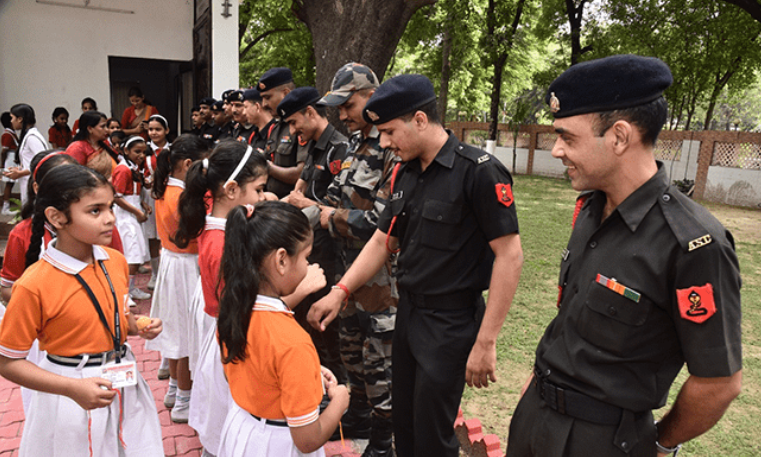
On Tuesday, the Union Ministry of Home Affairs released a list of questions and answers in an attempt to clear the air about the discriminatory nature of the Citizenship (Amendment) Act. The document makes for bizarre reading. It is shoddily drafted, makes improbable claims and is full of half-truths and even outright lies.
I am reproducing below the questions posed by the MHA, its answers, and my analysis (‘The reality’) for each reply.
Update: The MHA has deleted the embarrassing document but here is the original, saved as a PDF.
§
Home Ministry preambular claim: Without curtailing the freedom and opportunity of Indian Muslims to enjoy their rights as they have been usually practicing and entertaining since Independence like other Indian citizens belonging to other religions, CAA (Citizenship Amendment Act) 2019 has reduced the qualification period of application for citizenship from 11 to 5 years for the beneficiaries who had [been] persecuted on religious grounds in Afghanistan, Bangladesh or Pakistan and who had entered India on or before December 31, 2014 with an aim to show a generous treatment to them as compensation for appeasing [sic] their persecution.
The reality: I have no idea what “compensation for appeasing their persecution” means but this claim is a dishonest one. If the aim is really to benefit the victims of persecution and offer them “generous treatment”, the government needs to explain:
- Why is the benefit confined to refugees from only these three countries?
- Why is only religious persecution being considered grounds for conferring benefits when there are other forms of persecution that people in these three countries may be fleeing from, including political persecution or persecution on grounds of ethnicity or gender or sexual orientation?
- Why have Muslims being excluded from the list of those subject to religious persecution when there is evidence that particular Muslim sects are indeed persecuted in these countries?
- Even if the aim is only to help non-Muslims who are religiously persecuted in these three countries, why is there a cut-off date of December 31, 2014? How does the government propose to treat victims who had good reasons to flee to India after that date or who may still flee here to escape persecution?
The Modi government has no answer to any of these questions, nor can it explain why it took four and a half years to operationalise the CAA and provide this “generous treatment” to these refugees.
This story was originally published in thewire.in. Read the full story here.






